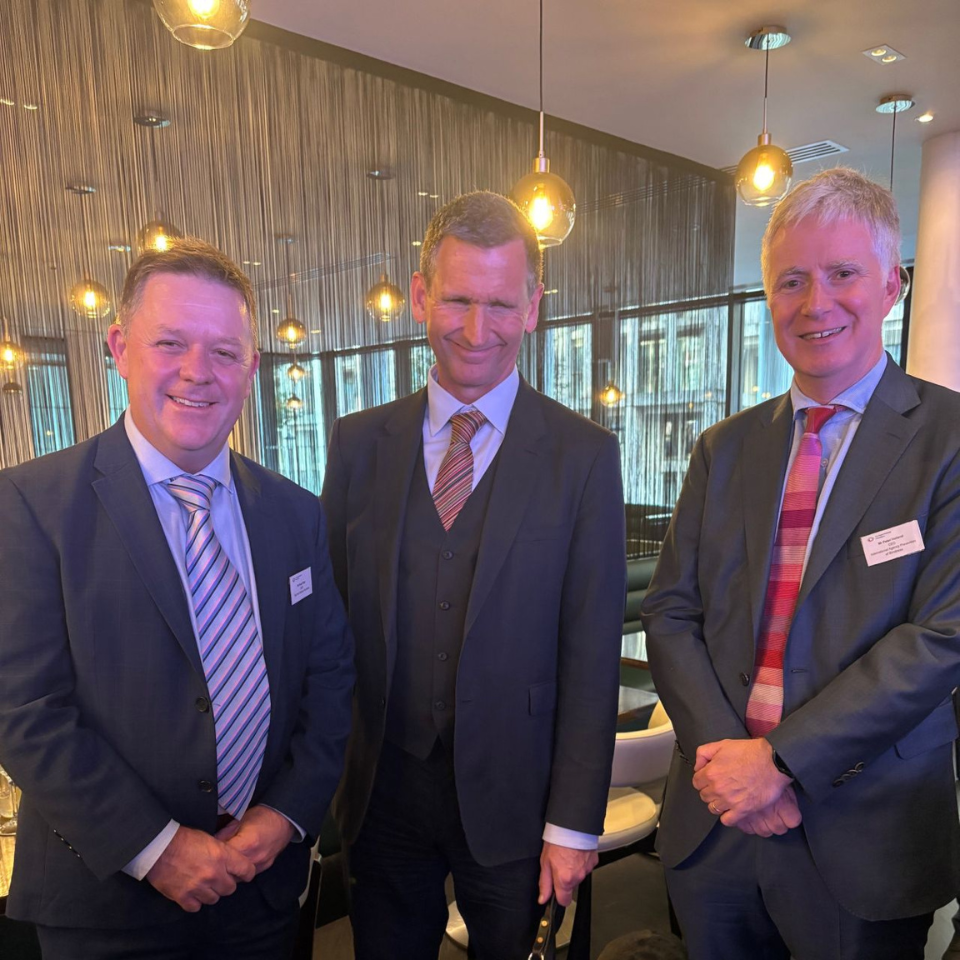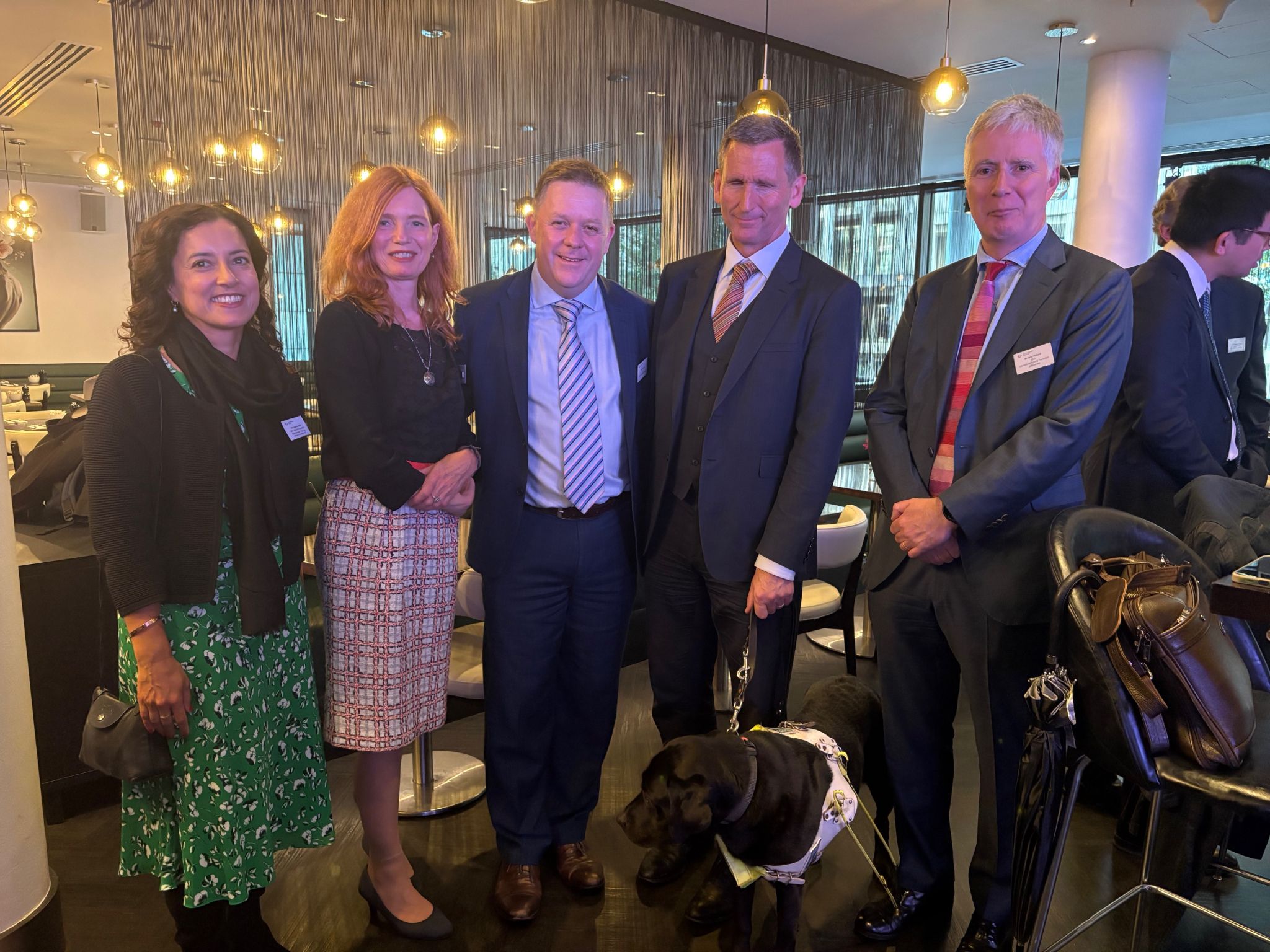Tech leaders join forces with The Fred Hollows Foundation to tackle avoidable blindness

Leading voices in technology, philanthropy, and global health gathered at the UK Parliament last week for the inaugural Tech Roundtable on Eye Health, hosted by The Fred Hollows Foundation.
The event, convened by The Foundation’s CEO Ross Piper alongside Lord Chris Holmes and Peter Holland, marked a significant step in accelerating the use of technology to address one of the world’s fastest-growing health challenges: avoidable blindness.

Today, 1.1 billion people live with vision loss, 90 per cent of which could be prevented or treated. Without urgent action, this number will rise to 1.5 billion by 2050. Beyond being a health crisis, vision loss costs the global economy an estimated US$400 billion in lost productivity each year.
“The knowledge and capabilities represented in this room are phenomenal,” said Ross Piper, CEO of The Fred Hollows Foundation. “Tonight we have seen how technology, innovation and cross-sector collaboration can help us reimagine what is possible in global eye health.”
Lord Chris Holmes, a passionate advocate for inclusive innovation, emphasised the critical role of technology in addressing health inequities. "Technology has always been the engine of human progress,” he said. “Today, it holds the key to ending one of the world’s most solvable injustices: avoidable blindness. The question is no longer can we do this, but will we do this, together."
Peter Holland, CEO of the International Agency for the Prevention of Blindness, highlighted how digital innovation and data-driven solutions can help scale access to care in low- and middle-income countries.
“Technology has the power to transform access to eye care, but we cannot ignore scale: one billion people are living with sight loss without access to the services they need. Partnerships across the public and private sectors are essential if we are to meet this challenge,” he said.
“The UN Resolution was an important recognition that eye health is critical to social and economic development, now we must turn that recognition into commitments and action. Removing barriers will be vital if we are to galvanise a global effort that delivers sight to all. The global summit for eye health will be an opportunity for governments and eye care sector to turn those commitments into action.”
The roundtable explored pathways for collaboration between the tech sector and global health leaders, identifying opportunities for digital solutions, AI, and telehealth to expand access to affordable, quality eye care.
The Fred Hollows Foundation has been working for more than 30 years to strengthen health systems, train eye health workforces, and deliver life-changing care across 25 countries. Its global strategy now focuses on harnessing innovation and equity to drive systems-level change at scale.
This roundtable is the beginning of a broader agenda: fostering strategic connections, defining innovation pipelines, and shaping pathways for collaboration that will accelerate progress in the years ahead.